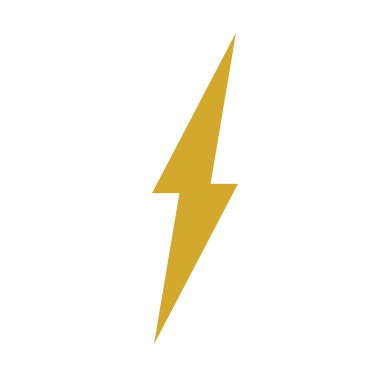Ungeat: Difference between revisions
More actions
mNo edit summary |
mNo edit summary |
||
| Line 17: | Line 17: | ||
| character = Peaceful, agricultural experts | | character = Peaceful, agricultural experts | ||
}} | }} | ||
A species specialising in agriculture and mining technologies, the Ungeat are a spacefaring, peaceful culture that first achieved warp flight in 2275. First contact with the [[United Federation of Planets|Federation]] was achieved in 2280, and a century later, the Ungeat officially became a Federation protectorate. | A species specialising in agriculture and mining technologies, the Ungeat are a spacefaring, peaceful culture that first achieved warp flight in 2275. First contact with the [[United Federation of Planets|Federation]] was achieved in 2280, and a century later, the Ungeat officially became a Federation protectorate. Following the subjugation of the system by Dominion forces during [[The Lost Fleet]] invasion (and the subsequent liberation by the crew of the [[USS Hathaway]], negotiations are underway for the Ungeat to finally join the Federation as members. | ||
==Physiology== | ==Physiology== | ||
Revision as of 23:23, 9 August 2023
A species specialising in agriculture and mining technologies, the Ungeat are a spacefaring, peaceful culture that first achieved warp flight in 2275. First contact with the Federation was achieved in 2280, and a century later, the Ungeat officially became a Federation protectorate. Following the subjugation of the system by Dominion forces during The Lost Fleet invasion (and the subsequent liberation by the crew of the USS Hathaway, negotiations are underway for the Ungeat to finally join the Federation as members.
Physiology
The Ungeat are a very distinctive species, with several features that make them stand out from other humanoid species often seen across the Federation.
On the surface, the Ungeat are known for their distinctive brown or grey skin, which is completely hairless and is quite thin. Due to this, the internal bone structure of an Ungeat is quite visible, especially on the cranium where there are pronounced eye-sockets that stick out either side of the Ungeat skull and the lack of any nasal bones at the base of the nasal ridge that runs to the forehead. Beneath the eyesockets, there are two bulbous eyes (usually green or yellow in colour) that, interestingly, have no eyelids. Instead, when an Ungeat sleeps, the pupils of their eyes retract to a mere pinprick in size. When an Ungeat becomes emotional, suffers from dry eyes or needs to clean their eyes of debris, they are able to secrete a saline-like liquid to keep their eyes lubricated. While their nose does not have any bones, and therefore does not protrude from the surface of their face, they do have three nostrils through which they breathe. Lastly, at the back of the cranium, an Ungeat will have between two and four 'horns' protruding a short distance. It is unknown what purpose these horns have.
Much of the Ungeat physiology shares similarities with other humanoid species, with two exceptions. First, the Ungeat digestive system never fully developed, meaning they find it incredibly hard to eat solid food (especially given the lack of teeth in their mouth), so they live predominantly on a liquid diet. The digestive system isn't the only part of Ungeat anatomy to be underdeveloped. Their vocal cords are so underdeveloped that their only way of communicating in a pain free way is through the use of a voice synthesiser attached to their chest.
Ungeat males typically live for between 80 and 100 Earth years, while females typically live an additional 10 to 15 years. Ungeat are classed as children until 10, adolescents until 30, adults until 80 and after that, they are considered honored elders.
Ungeat in Play
- If you are wishing to demonstrate the native language of the Ungeat, type your words in English into Google translate and have it translated into the Yoruba language.
